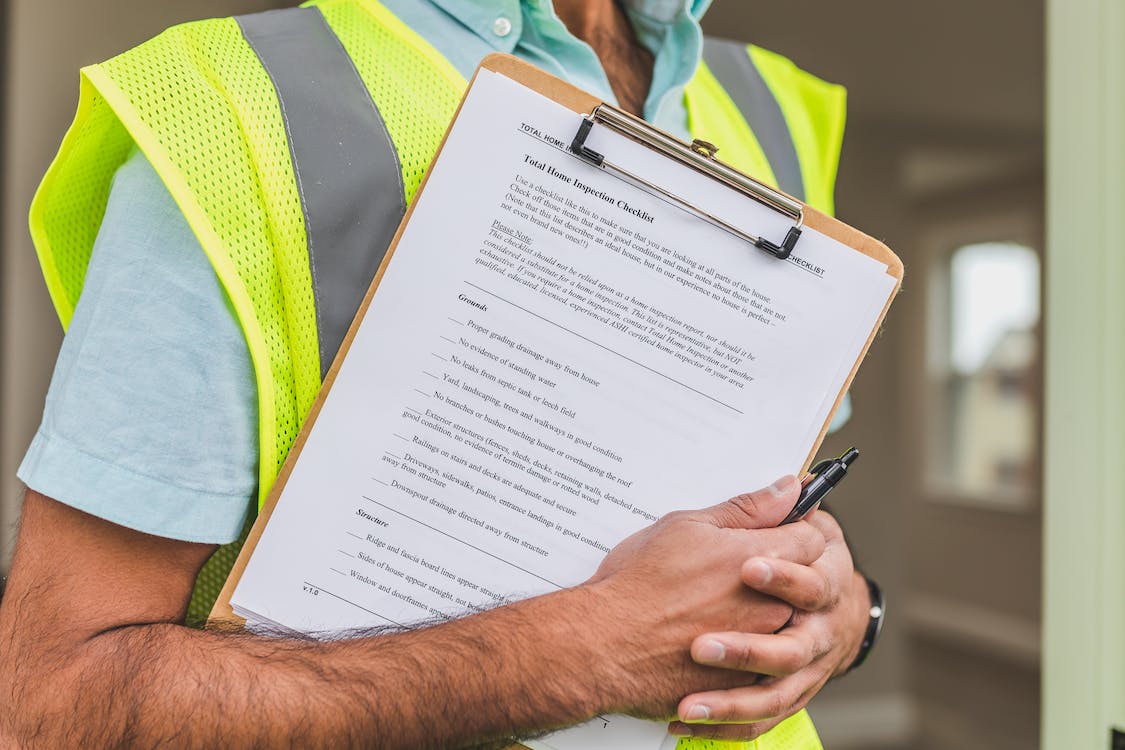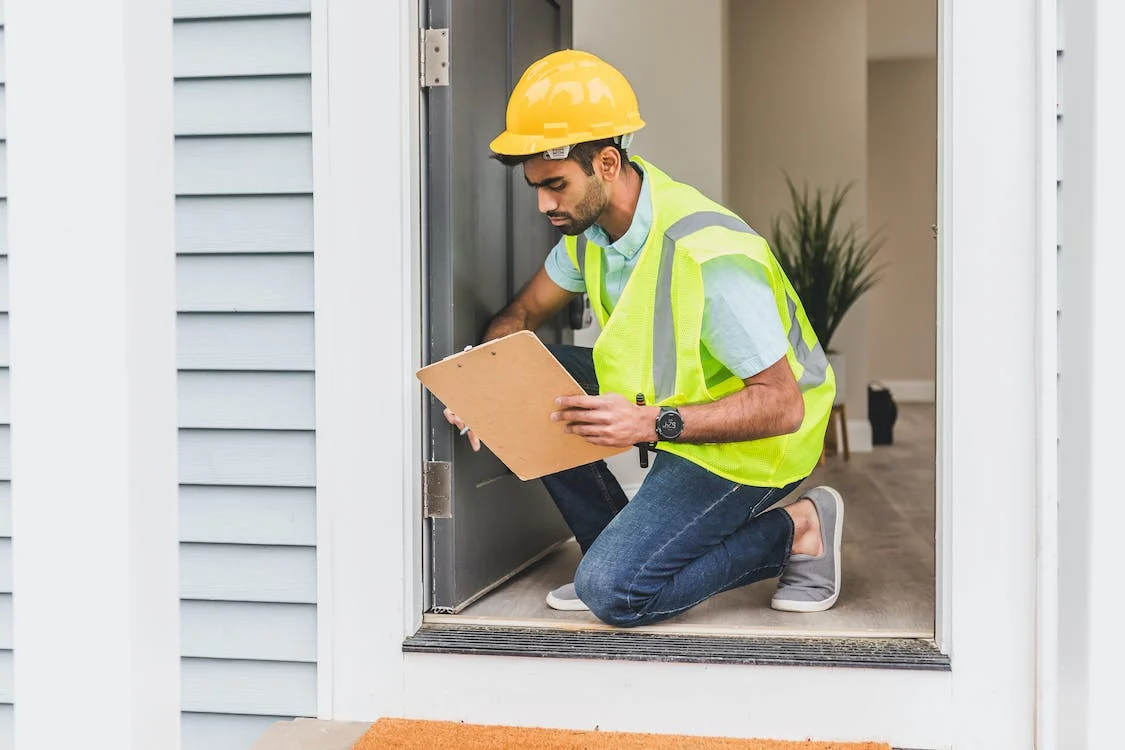How Often Should Landlords Inspect Their Rental Properties

Inexperienced landlords typically overlook regular inspections of rental properties, but experienced ones know how beneficial they can be for increasing earnings. You will not be able to keep tabs on the state of your rental units and identify the responsible parties for potential damage unless you conduct regular inspections. In addition to reducing your profits, that will take significant time. But how often should landlords inspect their rental properties? We consulted experts from bostonapartments.com, and here's everything you need to know about the value of rental inspections and how often you should do them.
What are rental inspections, and how often should landlords inspect their rental properties?
A landlord or property manager may inspect a rental unit that is, has been, or will be occupied by a tenant. This inspection is known as a rent inspection, rental inspection, or property inspection. The purpose of these checks is to ensure the property is in satisfactory condition at critical junctures in the rental period, and it's crucial they're performed according to rental property inspection laws.
Landlords can inspect their properties anytime, not just before and after a tenant moves in or out. As long as the required notice is given and the inspection's purpose is legal, there's no reason for it not to be conducted. While some jurisdictions permit inspections regularly, others require a justifiable interval of time before the next one. This is one of the things to specifically pay attention to, especially if you're a first-time landlord.

If you're new to real estate investment, you're probably wondering how often landlords should inspect their rental properties.
Why do landlords perform rental inspections?

Most landlords focus solely on move-in and move-out inspections; however, checking your property more often is crucial to ensure it's in good shape.
There are various reasons for a landlord to inspect a rental property. Typically, these are mandatory checks to keep the property in good condition. Alternatively, inspections can be performed to guarantee that the property is safe and fit for human habitation.
Landlords often conduct two types of inspections: a move-in inspection and a move-out inspection. Such checks are commonly used to evaluate the tenant's level of responsibility for any damage to the property that occurred during the lease. When the landlord or inspector returns, they check to see whether anything has been damaged beyond normal wear and tear by comparing the results of the two visits.
There are also safety inspections when the landlord checks various features, such as smoke detectors, fire alarms, fire extinguishers, and other safety equipment.
What should landlords check during the rental inspection?
Besides move-in and move-out inspections, landlords are also entitled to conduct periodic checks. This periodic review can act as a comprehensive check and is typically performed annually, seasonally, or quarterly. The date and time of these checks are often outlined in the lease. You must give your tenants a reasonable advance notice before entering the property for these and any other types of inspections.
Most property managers inspect their rentals twice a year, during which time they also replace the batteries in the smoke alarms and clean the air filters. The following are some things you should look for during an inspection of an already occupied building:
- Air purifiers for heating systems
- Air conditioning in your rental
- Batteries for smoke detectors and fire extinguishers
- Check for signs of pest infestation
- Look for signs of water damage or leakage
- Loss of structure due to flooding (walls, ceiling, floor)
- Inspect windows and door seals
- Thoroughly check any home equipment
Think of regular inspections as preventative maintenance. To be on the safest side, investing in a home warranty is the best way to go. You'll be able to navigate different options and always have peace of mind knowing your investment is safe.
How often can and should landlords inspect their rental properties?
For the most part, and in most states, there are no strict limits regarding annual inspections. There is no limit to the number of times a landlord can check the property per year, so long as they are not random and do not interfere with the tenant's right to use the space reasonably.
The standard practice among landlords is to inspect the unit midway through the lease term, at move-in, and again upon move-out. Some landlords perform seasonal or quarterly inspections, and additional checks, such as those for fire safety and pest safety, may also be conducted.
Inspection procedures and schedules should be spelled out in the lease agreement for the benefit of both landlord and tenant. After all, even if you're a first-time landlord, you're probably aware of the importance of a lease agreement. Preventing problems and misunderstandings in the future by making this information readily available to the tenants at the outset is a good idea. In addition, it serves as a record, which is a bonus.
So how often should you inspect your rental property?
You, as the landlord, must choose the optimal frequency of rental inspections. Moving in and out inspections are a must for landlords. That way, if any more repairs are needed, you may deduct the cost from the security deposit and have it verified that the property was in the same condition before and after.
Aside from that, it might be challenging to determine how often inspections should be performed. Some broad rules to live by are as follows:
- Carry out at least one checkup mid-term.
- If you're a landlord with annual tenants, you should inspect the property three to four months after they move in.
- Always be sure you conduct regular safety checks (i.e., if you have a pest problem in one unit, doing pest inspections in them all is a good idea)
Beyond that, you can choose if you wish to do inspections annually or more frequently. Whatever you decide, give tenants plenty of notice before the inspection date and time and explain why you've made the decision.

Some landlords decide to hire professionals to help with their regular property inspections.
Final thoughts
We hope our articles helped you figure out how often landlords should inspect their rental properties and, more importantly, why regular inspections are so important. So even before you submit your listing and start interviewing tenants, ensure your property is in great shape. Then, only by having regular inspections can you ensure your property stays that way.